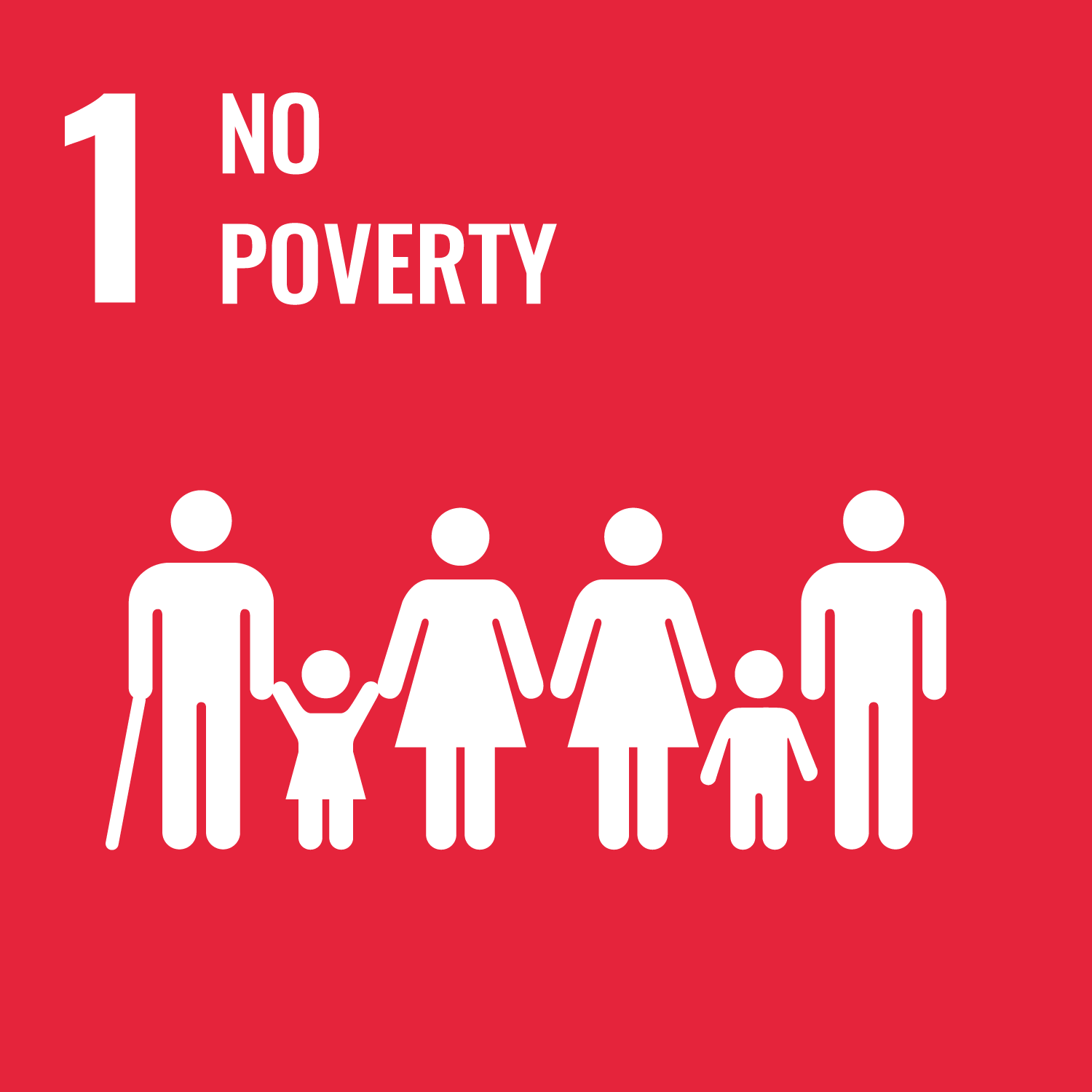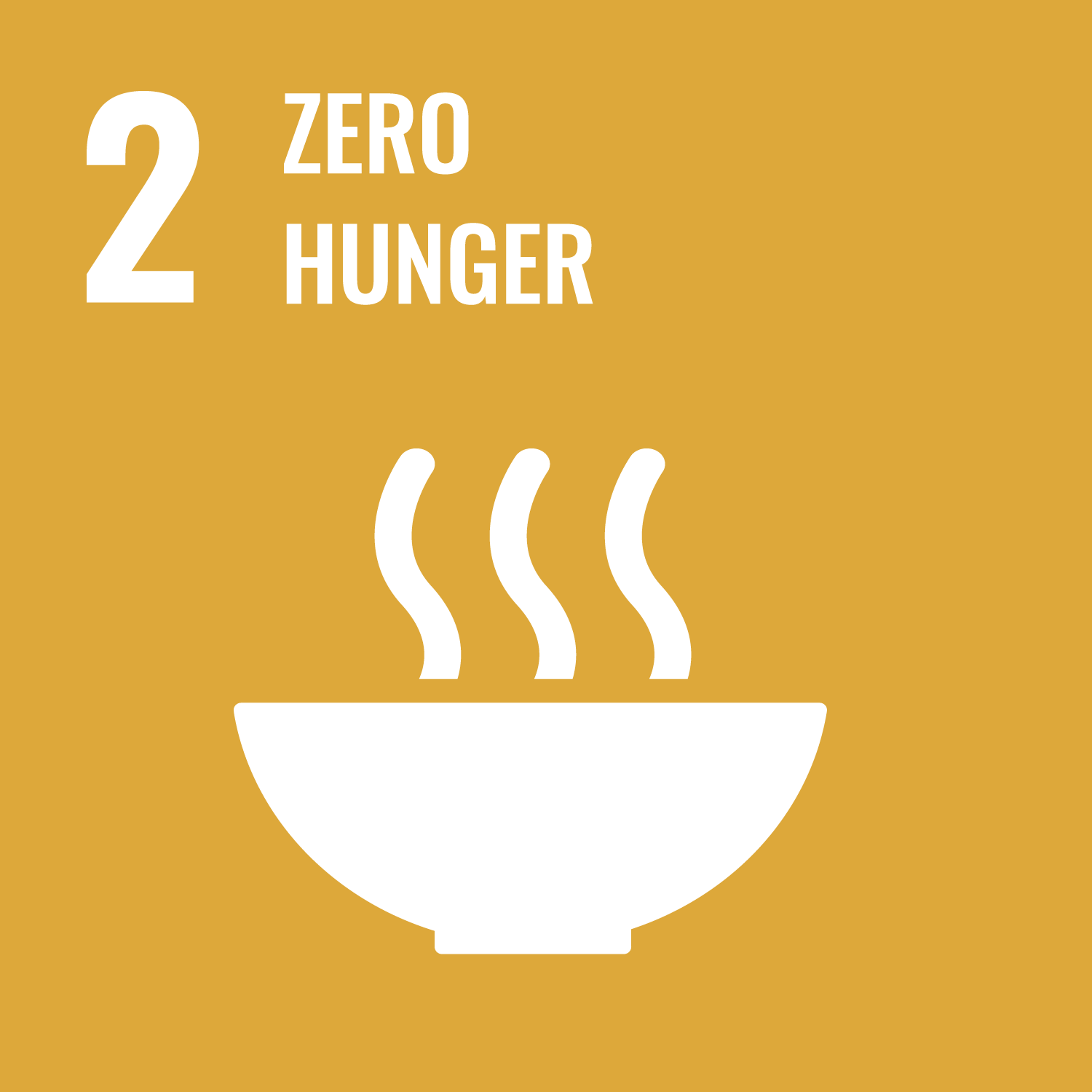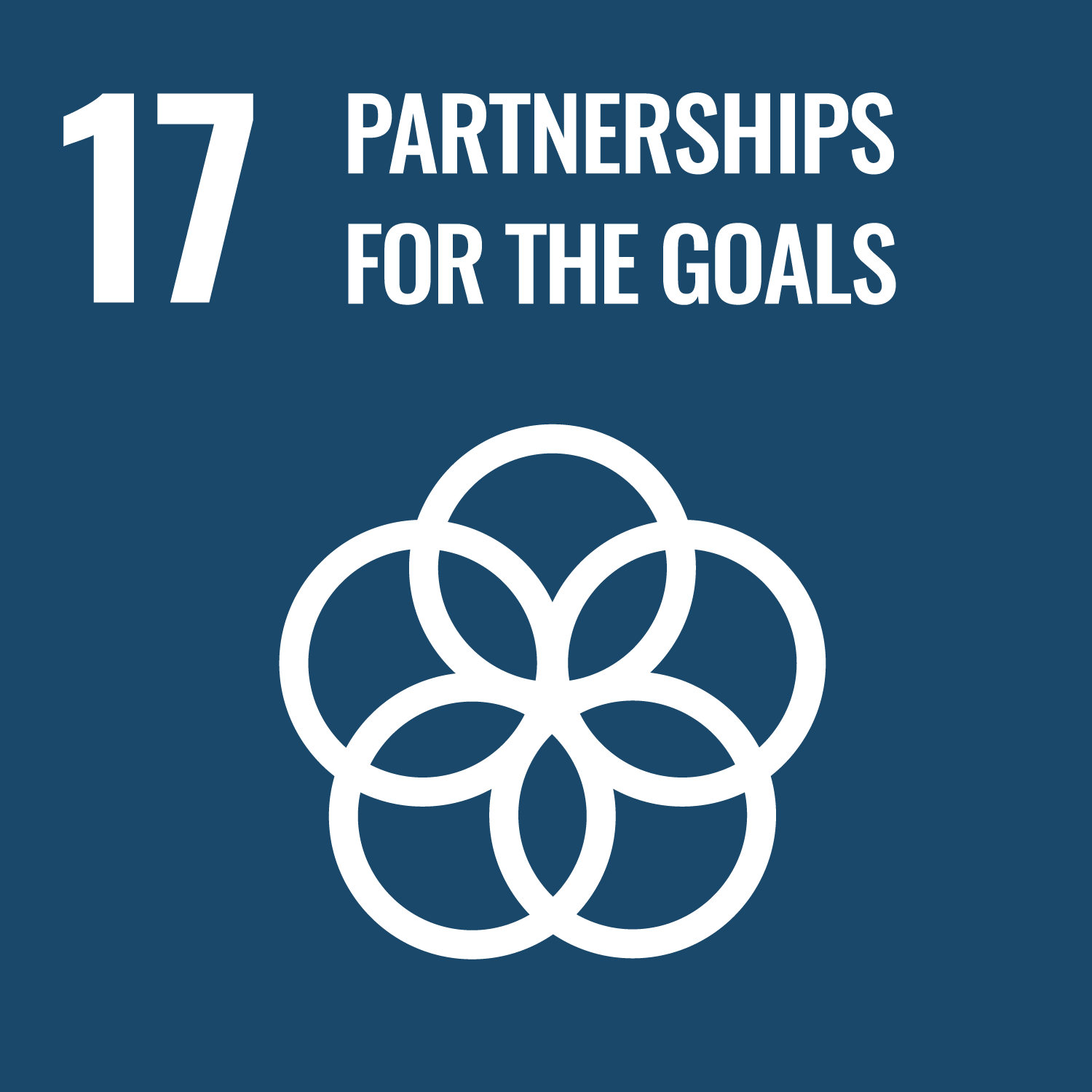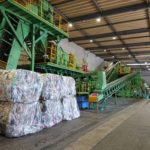About the SDGs
What are the SDGs?
The Sustainable Development Goals (SDGs), also known as the Global Goals, were adopted by all United Nations Member States in 2015 as a universal call to action to end poverty, protect the planet and ensure that all people enjoy peace and prosperity by 2030.
 |
End poverty in all its forms everywhere |
 |
End hunger, achieve food security and improved nutrition and promote sustainable agriculture |
 |
Ensure healthy lives and promote well-being for all at all ages |
 |
Ensure inclusive and equitable quality education and promote lifelong learning opportunities for all |
 |
Achieve gender equality and empower all women and girls |
 |
Ensure availability and sustainable management of water and sanitation for all |
 |
Ensure access to affordable, reliable, sustainable and modern energy for all |
 |
Promote sustained, inclusive and sustainable economic growth, full and productive employment and decent work for all |
 |
Build resilient infrastructure, promote inclusive and sustainable industrialization and foster innovation |
 |
Reduce inequality within and among countries |
 |
Make cities and human settlements inclusive, safe, resilient and sustainable |
 |
Ensure sustainable consumption and production patterns |
 |
Take urgent action to combat climate change and its impacts |
 |
Conserve and sustainably use the oceans, seas and marine resources for sustainable development |
 |
Protect, restore and promote sustainable use of terrestrial ecosystems, sustainably manage forests, combat desertification, and halt and reverse land degradation and halt biodiversity loss |
 |
Promote peaceful and inclusive societies for sustainable development, provide access to justice for all and build effective, accountable and inclusive institutions at all levels |
 |
Strengthen the means of implementation and revitalize the global partnership for sustainable development |
Tags associated with this article







